Does Your Store Accept All Kinds of Used Batteries?
Highlights:
- Stores often accept many—but not all—types of used batteries.
- Restrictions may apply by battery chemistry, condition, or device embedding.
- State or federal rules can require acceptance of certain battery types.
- Proper prep (taping terminals, bagging) is essential for safety.
- Jefferson Battery Co Inc in Jefferson, LA serves as a local example.
What Does “Accepting Used Batteries” Really Mean?
Many customers ask: “Does your store accept all types of used batteries?” In practice, the answer depends on chemistry, condition, and local regulations. Stores that sell batteries often provide drop-off for common types like rechargeable lithium-ion, nickel-metal hydride, or sealed lead-acid—but may refuse rare chemistries, damaged units, or batteries embedded in devices. Collection programs must also follow strict transport, labeling, and handling rules to reduce hazards. According to Waste Dive, the U.S. Environmental Protection Agency considers most spent lithium-ion batteries “likely” hazardous waste and recommends careful packaging, taping terminals, and using approved collection facilities to minimize fire and environmental risks.
Many retailers state they cannot accept all batteries—particularly damaged, leaking, or swollen units, or those sealed inside products. Local ordinances and “universal waste” rules can also impose specific procedures for certain chemistries to protect haulers and recycling staff. A store that hopes to say “we accept all batteries” should still qualify the claim with “within accepted chemistries and safe condition.” Clear criteria protect customers, employees, and downstream recycling partners from avoidable hazards.
Frequently Asked QUestions
Why do some stores refuse certain batteries?
They may lack certification, space, or insurance to handle damaged, leaking, or exotic chemistries safely.
What’s meant by “embedded batteries”?
Batteries permanently sealed in a device (e.g., a non-removable phone pack). Some stores won’t accept the whole device.
Are stores legally required to accept all batteries?
No. Requirements vary by state. Some laws cover specific chemistries, typically rechargeable or automotive lead-acid.
Common Battery Types & Typical Store Policies
Most take-back programs prioritize rechargeable batteries such as lithium-ion (phones, laptops, tools), nickel-cadmium (NiCd), nickel-metal hydride (NiMH), and small sealed lead acid (SSLA), because these chemistries yield higher recycling value and have clearer regulatory pathways. According to Call2Recycle, many retail collection sites accept all rechargeable batteries up to 11 lb (5 kg) — including Ni-Cd, Ni-MH, Li-ion, Ni-Zn, and SSLA — provided that the batteries are properly prepared (e.g. terminals taped and bagged).
Acceptance for single-use batteries (alkaline, zinc-carbon) varies. Some stores take them; others don’t, due to lower material value and different waste rules. In many areas, alkaline batteries are less strictly regulated but still should be kept out of curbside recycling and general trash when possible, particularly if mixed with rechargeables.
Frequently Asked QUestions
Does “accepts rechargeable” mean any brand is fine?
Generally yes, as long as the chemistry is supported (Li-ion, NiMH, NiCd, SSLA) and the battery is intact and safely prepared.
Will a store accept a rechargeable battery still inside a device?
Not always. Some require removal first; others may direct you to an e-waste program for whole devices.
What about automotive or industrial batteries?
Auto lead-acid is often accepted, sometimes with a core-return program. Large industrial batteries usually need special handling.
When Batteries Are Refused: Damaged or Exotic Chemistries
Certain batteries present elevated risks. Damaged, swollen, or leaking units are often refused at retail collection counters because of fire and chemical hazards, and stores commonly direct customers instead to hazardous-waste events or specialist recyclers. Exotic or specialty chemistries (e.g. research prototypes) are rarely accepted by general retailers, and even standard chemistries may be declined if battery packs contain unknown mixes or the site lacks sorting capacity. According to the U.S. DOT’s Pipeline and Hazardous Materials Safety Administration (PHMSA), lithium cells and batteries are regulated hazardous materials under the Hazardous Materials Regulations, and shipping them requires strict packaging, marking, and labeling protocols—constraints that limit what typical retail drop-off points can safely accept.
Transport and storage rules further complicate acceptance. Collection containers must prevent short circuits and physical damage, and sites should isolate questionable units. Staff should be trained to recognize thermal-runaway warning signs (e.g., heat, hissing, bulging) and to quarantine suspect batteries. These constraints don’t mean stores are unwilling; they reflect prudent risk management aligned with federal and state safety frameworks to protect customers, workers, and property.
Frequently Asked QUestions
What if my battery is damaged or leaking?
Do not put it with regular drop-offs. Ask about hazardous-waste guidance or a specialized recycler for safe handling.
Are prototypes or unusual chemistries accepted?
Generally no. These should go to specialty recyclers with the right permits and processes.
Can a store make a one-time exception?
Maybe, but they may still decline due to liability, training requirements, or DOT shipping rules.
Best Practices for Stores & Shoppers
To keep programs safe and clear: post a concise “What We Accept” list; require terminal taping or bagging; route damaged batteries to hazardous-waste channels; train staff on safe packaging; and confirm shipping rules for lithium batteries. Publicly state any exclusions (e.g., “no swollen or leaking cells,” “no embedded, non-removable packs”).
As a local example, Jefferson Battery Co Inc in Jefferson, LA can help residents and businesses understand which battery chemistries are accepted routinely (e.g., Li-ion, NiMH, NiCd, SSLA, automotive lead-acid) and which require special arrangements. A quick call before drop-off ensures safe preparation and avoids surprises. Clear signage online and in-store builds trust, improves participation, and keeps recoverable materials flowing to reputable recyclers instead of ending up in trash streams.
Community Impact of Responsible Battery Collection
Battery recycling programs not only prevent fires and toxic leaks but also strengthen community sustainability efforts. When residents return used batteries through authorized collection channels, valuable materials such as lithium, cobalt, and nickel can be recovered and reused in new products. This reduces the need for mining and lowers the overall carbon footprint of manufacturing. Local initiatives in cities like Jefferson, LA, show that accessible collection points increase public participation and reduce illegal dumping. Businesses like Jefferson Battery Co Inc play a key role by providing convenient, transparent recycling options that protect both people and the environment.
Encouraging Safe Disposal Habits
Consumers can make a lasting difference by integrating safe disposal practices into everyday routines. Keeping a dedicated container for used batteries at home or in the workplace helps prevent accidental mixing with household waste. Before drop-off, ensure each battery is taped and bagged individually to avoid short-circuiting. Sharing proper recycling information within neighborhoods, schools, and businesses helps spread awareness about safety and environmental responsibility. Through consistent habits and collaboration with trusted recyclers such as Jefferson Battery Co Inc, residents of Jefferson, LA, can maintain cleaner surroundings and contribute to a more sustainable future for their community.
Future of Battery Recycling Programs
The landscape of battery recycling is evolving rapidly as new technologies and policies emerge to meet growing environmental demands. Manufacturers and retailers are increasingly collaborating with certified recyclers to develop closed-loop systems that recover more materials and minimize waste. Advances in automated sorting, chemical recovery, and thermal processing make recycling more efficient and economically viable. Expanding these innovations will help local programs, including those supported by Jefferson Battery Co Inc in Jefferson, LA, keep pace with modern sustainability goals.
Building a Culture of Environmental Responsibility
Beyond technology, long-term success depends on education and community engagement. When consumers understand the environmental impact of improper disposal, participation rates in recycling programs rise dramatically. Schools, local governments, and businesses can strengthen outreach by offering incentives, hosting collection drives, and sharing clear guidance on accepted battery types. By normalizing responsible disposal and supporting local partners like Jefferson Battery Co Inc, Jefferson, LA can become a model for sustainable waste management. Together, residents and businesses can reduce hazards, conserve valuable resources, and build a cleaner, safer future for generations to come.
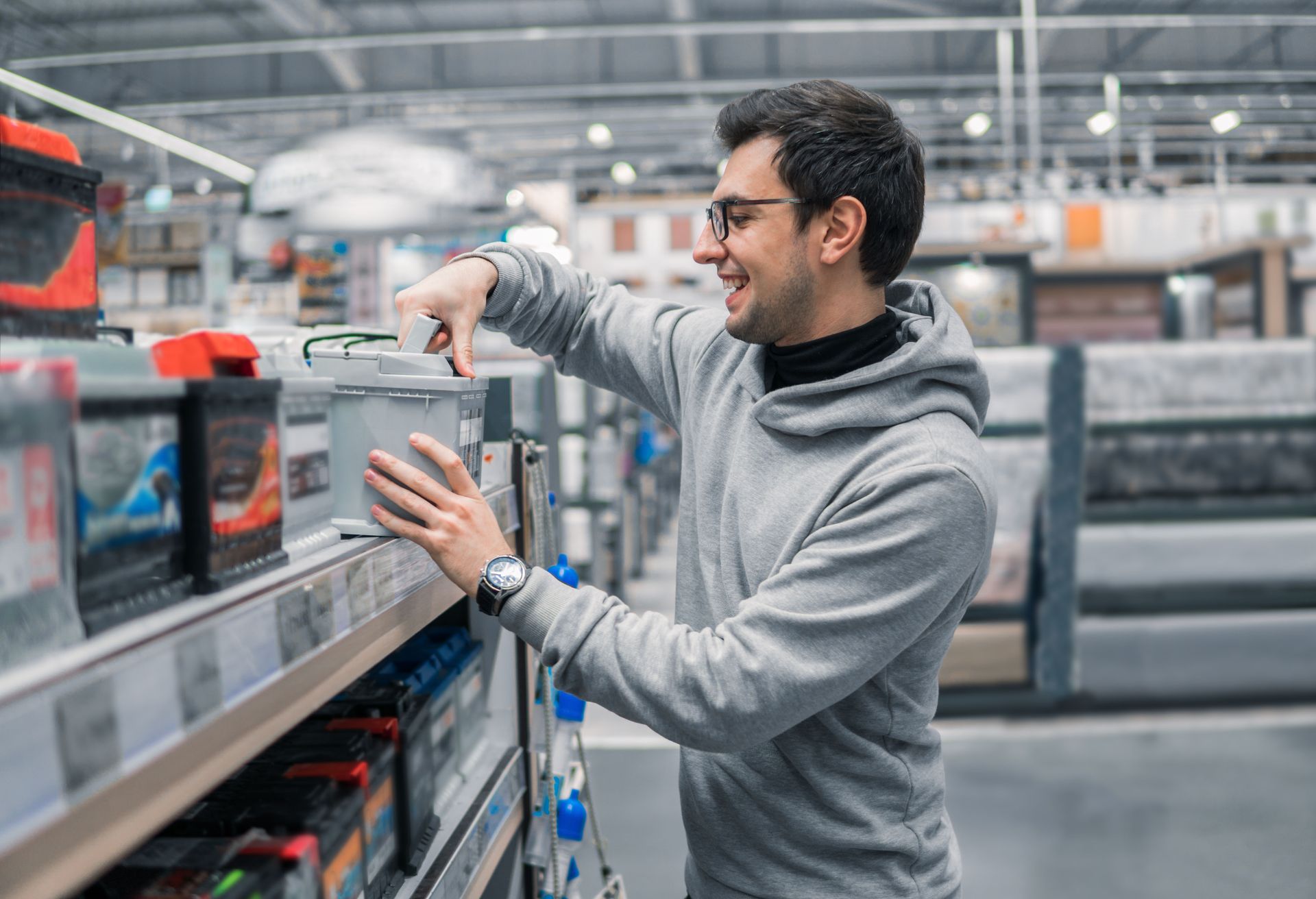


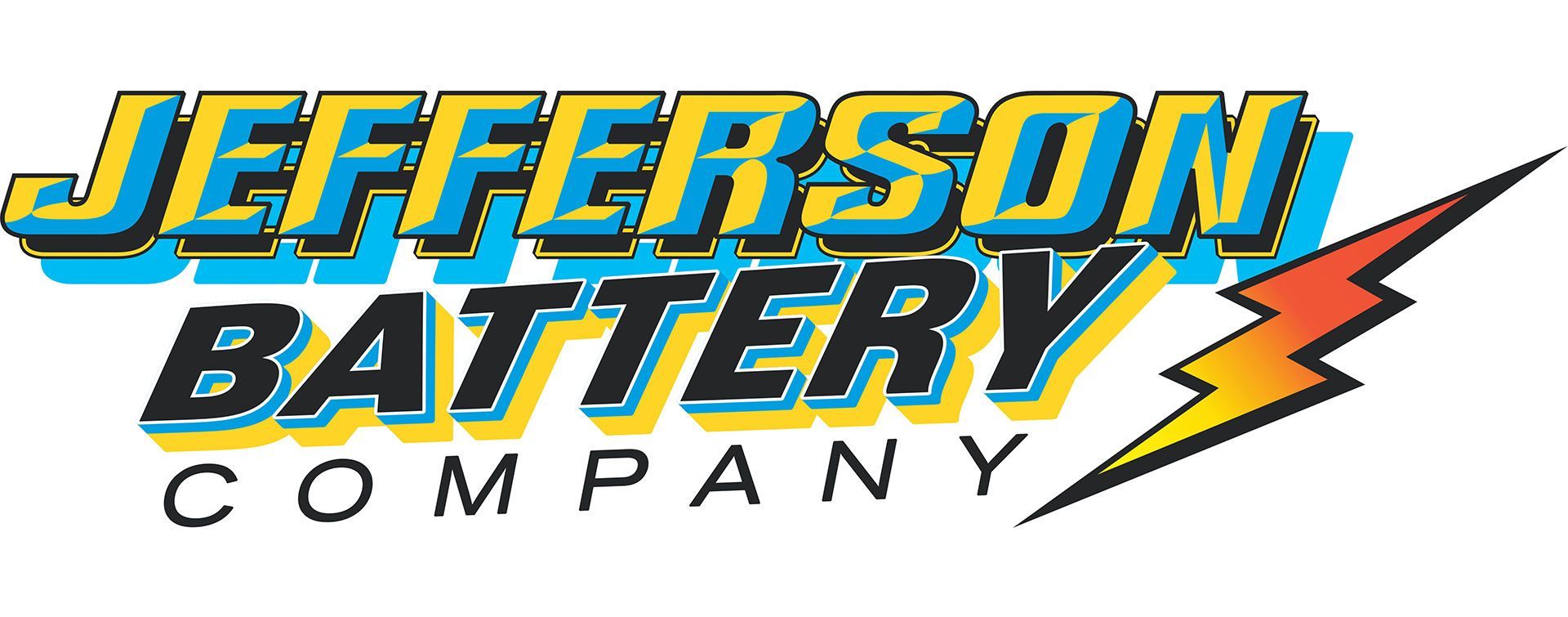
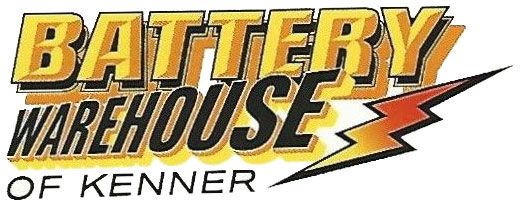
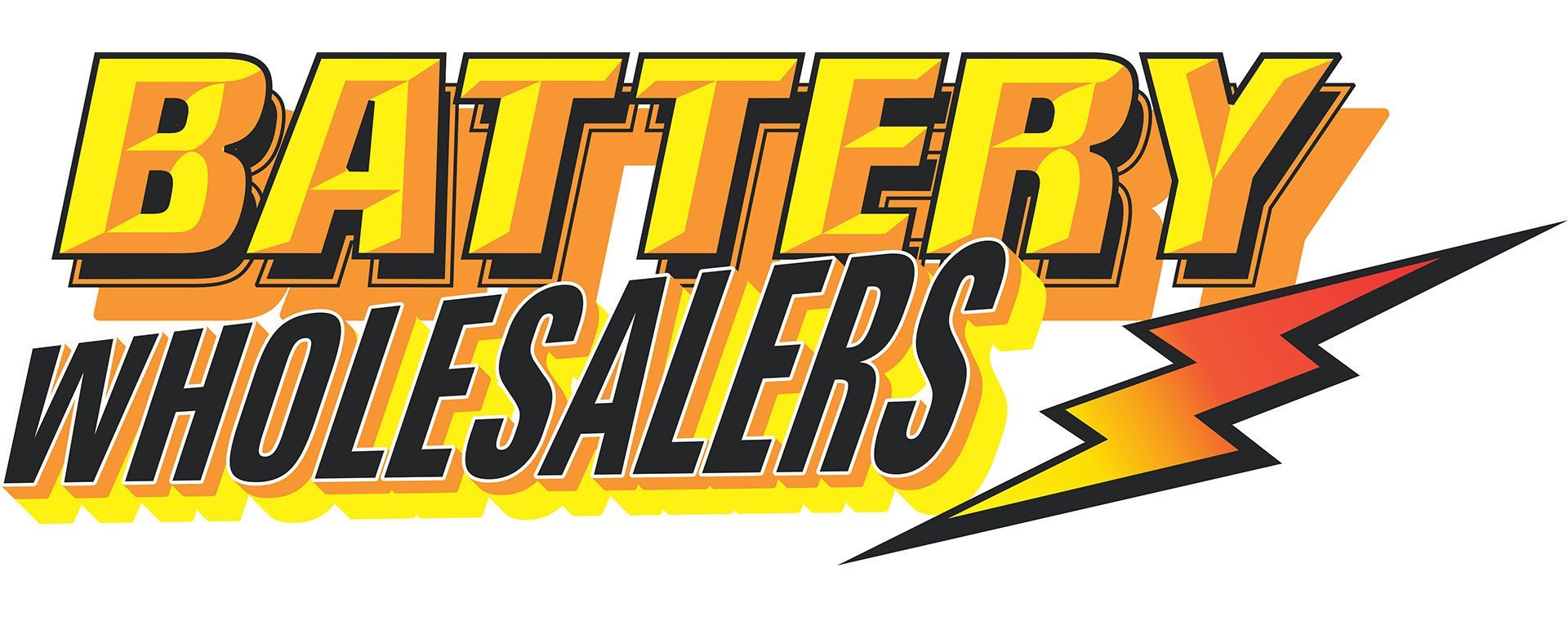
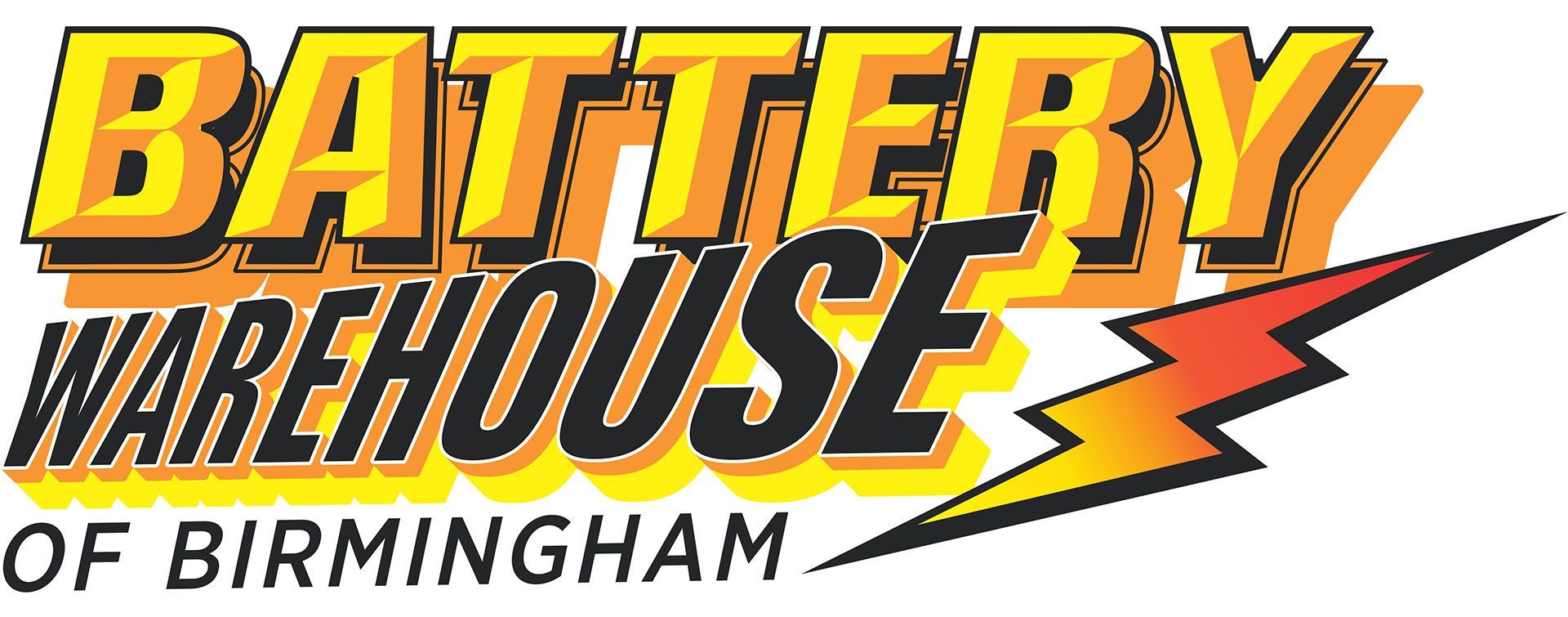

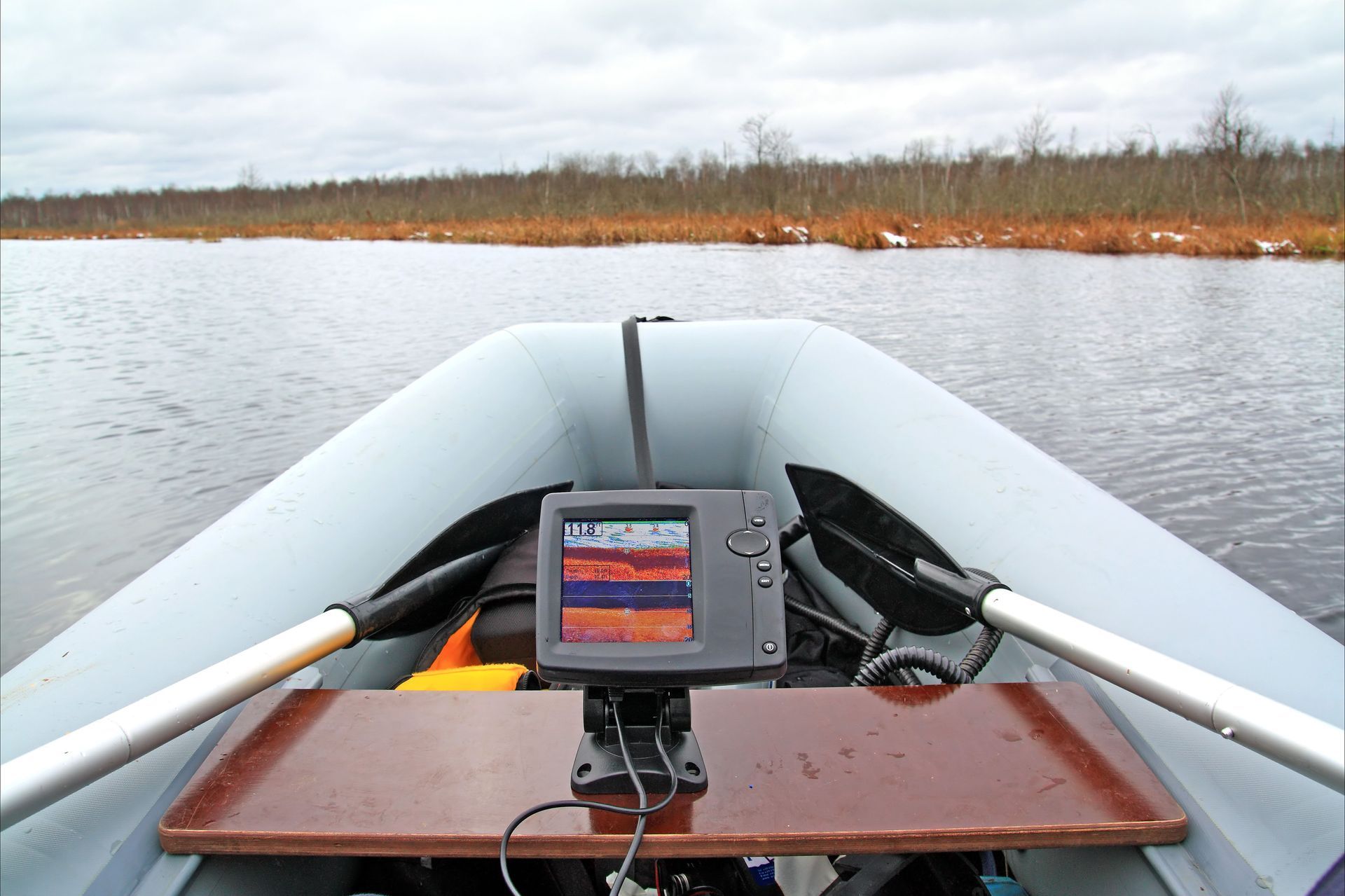
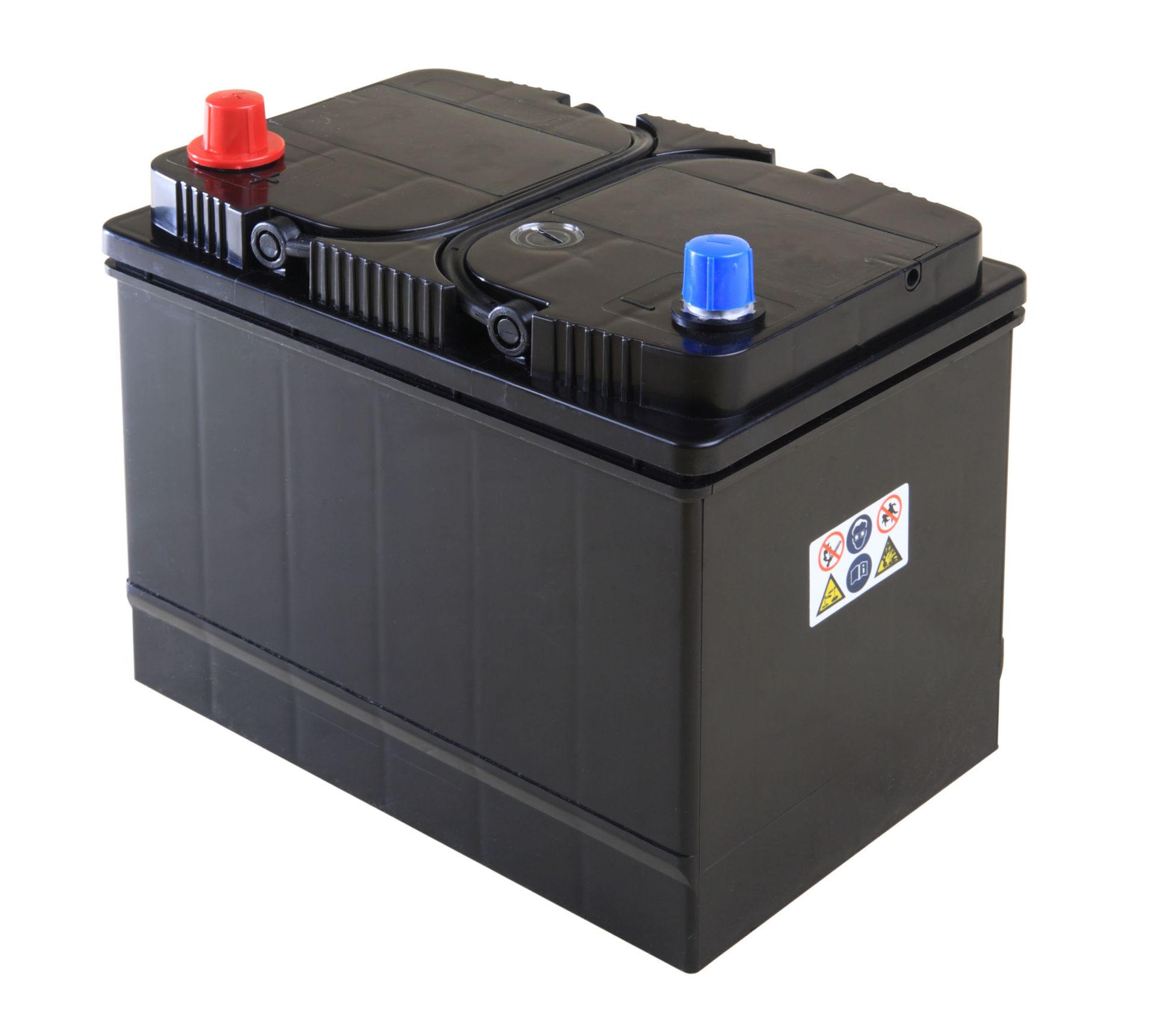
Share On: